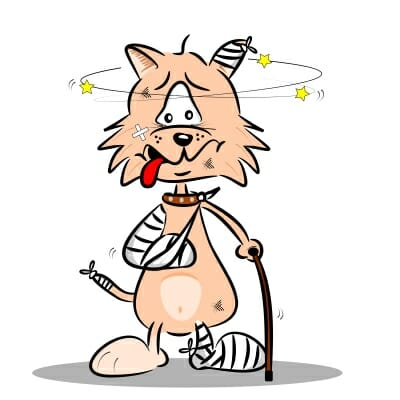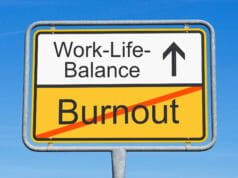
Disability insurance is an item that doesn’t cross the minds of most pilots, but can be a significant portion of a potential compensation package. The number of companies that even offer such insurance is decreasing by the year, although it is often a service offered by many unions, such as ALPA.
The reason disability coverage can be critical for a pilot is related to the necessity to maintain FAA medical standards. Aside from natural health issues, any accident or injury could render an FAA medical either denied, revoked, or under review. It is well known that pilots are generally expected to maintain much stricter health standards than people doing normal jobs, and unfortunately, as a pilot ages the probabilities of having a medical issue start to increase exponentially with age. In cases where unforeseen health issues require a revocation or review of the FAA medical, disability insurance could be the critical link that prevents a pilot from losing everything until they can either return to flying, or find another source of income.
Disability insurance can come in many forms, but at its basic core, it is coverage in the event of an injury or issue that may prevent the pilot from performing job duties. Some forms of disability insurance may only provide coverage in the event of permanent incapacitation while others may be geared specifically toward pilot duties. Some coverage may be 100% for a defined period of time, and some may be a set percentage for an indefinite period of time. In cases such as union coverage, their coverage will usually be in addition to company coverage, which provides another layer of protection for the pilot.
In some cases, the union may offer both Loss of License insurance, and disability insurance. Loss of license insurance would kick in anytime there is an event that causes the pilot to actually lose a license and may pay either a lump sum payment, or monthly coverage for a set period of time. That is different than disability, which may not result in the loss of an actual license, but may prevent the pilot from performing job related duties. Again, this can result in a lump sum payout, or a set amount for a number of months. The coverage’s and payouts will vary by company and union.
As a sample case, that actually happened, a young healthy pilot assumed coverage was not needed due to age and financial considerations. Approximately a year after opting out of coverage, the pilot was diagnosed with a rare form of cancer. Through the ensuing grounding and medical treatments, the pilot did not receive any compensation once the sick hours and vacation time were depleted because they had opted out of both the company provided long term disability insurance and the union provided optional coverage. This would have saved the pilot a nominal sum of money every month, which was more than offset by medical expenses and lack of income during the treatment period. Luckily, the pilot’s treatments were successful, and they were eventually able to return to work. However, in this pilot’s case, it should be noted that under these circumstances, the company sponsored LTD insurance would have paid the pilot 55% of their gross annual income indefinitely until they were able to return to flying status as a crew member. That means that if they had not been able to return to active flying status, the insurance would have continued to pay. In the case of the union insurance, the pilot may have had an option to collect another 50-100% of their income for a period of up to 2 years from the date of disability, and had they opted for loss of license coverage, they would have received a lump sum payment in the event they were not able to return to work as an aircrew member.
It should be a primary consideration for any pilot to consider the intangible portions of a compensation package as important, especially when they might have vast effects on the future quality of life of the pilot in those circumstances that aren’t planned or expected. As a minimum, it is a good protection in the event a medical issue is encountered and the pilot can’t return to work for a period of time.




































































































































